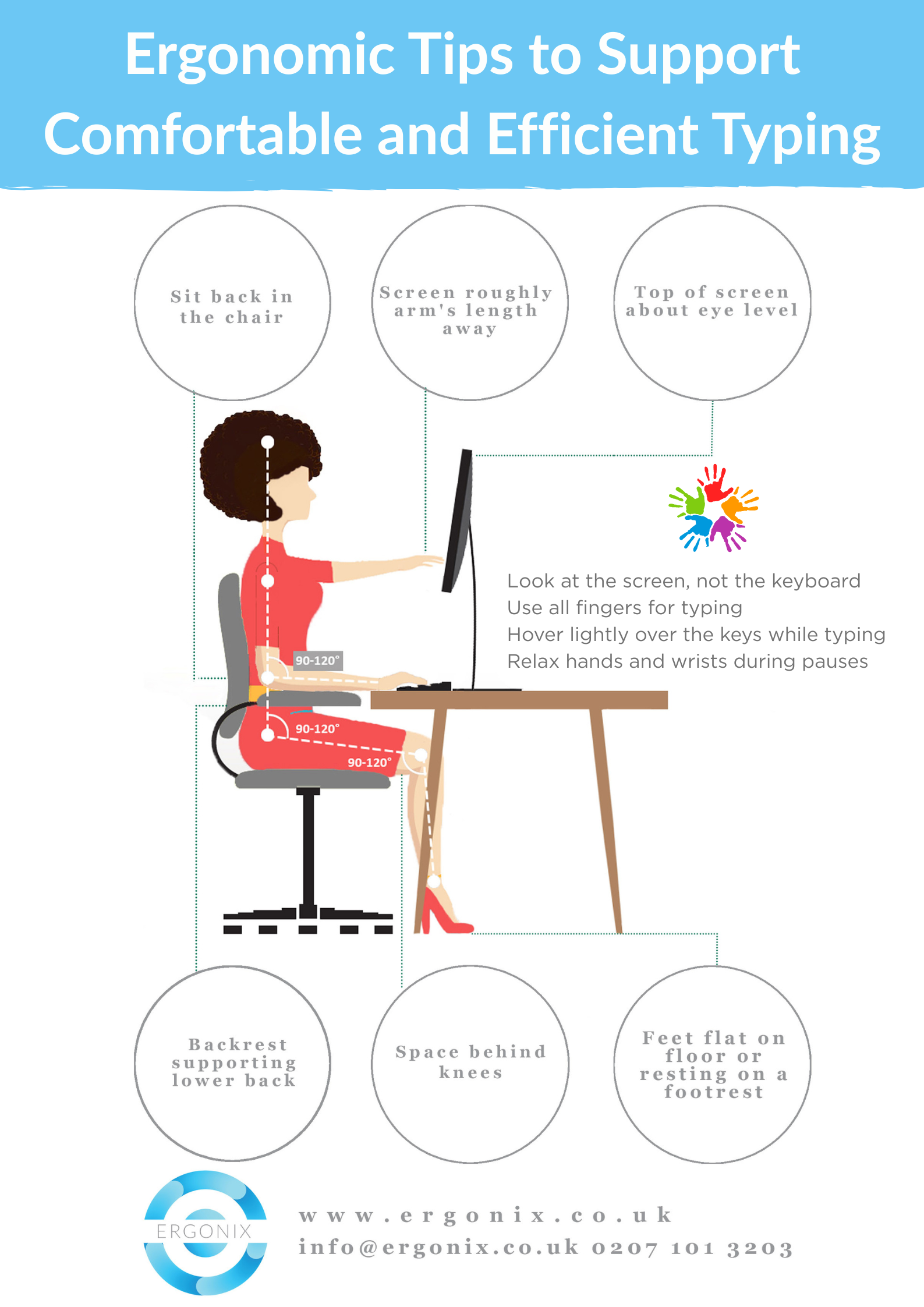 What is Dyslexia?
What is Dyslexia?
Dyslexia is a specific learning difficulty (SpLD) that can range from mild to severe, affecting reading, writing, and spelling skills to varying degrees. It is not a learning disability and does not impact intelligence. Dyslexia is not linked to education, age, gender, or background, and occurs across all walks of life. Many people remain undiagnosed, and it often runs in families, reflecting a strong genetic component (BDA, nd; NHS, 2022).
In the UK, approximately 10% of the population has dyslexia, amounting to about 3.3 million adults in the workplace (BDA, nd; NHS, 2022). In adults, reading and writing difficulties may be less obvious as many develop coping strategies. However, tasks that rely on literacy skills can take more time and effort. These challenges are often hidden and can affect confidence, self-esteem, and willingness to engage in certain work activities.
Spotting Hidden Challenges
Many employees with dyslexia develop coping strategies, so difficulties are not always obvious. Managers and colleagues can look out for subtle signs, such as:
- Taking longer to complete reading or writing tasks
- Avoiding written reports
- Showing frustration with text-heavy communications
Recognising these signs early allows for timely support, preventing stress and disengagement.
Supporting Mental Wellbeing
Unaddressed dyslexia can increase anxiety, stress, and feelings of inadequacy. Implementing dyslexia-friendly practices can help, including:
- Clear communication
- Assistive technology
- Flexible working approaches
These steps help employees perform better and support their mental health and confidence in the workplace.
Why Dyslexia Awareness Matters
Dyslexia Awareness Week 2025 (#DAW25) is organised by the British Dyslexia Association and runs from 6–12 October. The theme, “Raising the Volume”, highlights the experiences of people with dyslexia.
The week encourages inclusive practices in workplaces and beyond. Raising awareness helps employers create supportive environments where employees can thrive, improving both productivity and wellbeing.
Why It Matters to be a Dyslexia-Friendly Workplace
Making your workplace dyslexia-friendly doesn’t need to be costly. Thoughtful adjustments and small changes can have a big impact.
- Legal Duty: Dyslexia is a protected characteristic under the Equality Act 2010
- Inclusion: Supportive workplaces help neurodiverse employees feel valued and confident
- Strengths of Dyslexic Thinkers: Dyslexic employees often bring exceptional creativity, innovation, and strategic thinking to the workplace. Their ability to spot patterns, solve complex problems, and see the bigger picture provides unique insights that can drive projects forward and inspire teams. Recognising and harnessing these strengths benefits both the individual and the organisation.
- Everyone Benefits: Clearer communication, practical tools, and accessible processes improve the working experience for all staff
Involving Employees in Solutions
A truly inclusive workplace seeks input from those it supports. Inviting employees with dyslexia to provide feedback on policies, tools, or resources ensures interventions meet real needs. It also encourages a sense of ownership and empowerment.
Enhancing Digital Accessibility
Digital content should be designed to be dyslexia-friendly:
- Use clear fonts and appropriate spacing
- Include descriptive headings and visuals
- Ensure digital documents are easy to navigate
These adjustments are especially important for remote or hybrid teams that rely heavily on digital communication.
Broader Benefits for Neurodiversity
Many dyslexia-friendly practices benefit other neurodiverse employees, including those with ADHD or dyspraxia. Practices such as:
- Structured communication
- Clear instructions
- Supportive technologies
Fostering an inclusive culture helps all employees thrive, not just those with dyslexia.
The Business Case for Dyslexia Support
- Increased Productivity: Employees perform tasks more efficiently with the right adjustments
- Unlocking Potential: Supporting dyslexic employees allows organisations to benefit from their problem-solving skills, innovative thinking, and fresh perspectives, turning challenges into opportunities for growth
- Retention and Engagement: Inclusive workplaces retain talent and promote employee loyalty
- Reduced Stress and Absenteeism: Supportive practices lower anxiety, burnout, sick leave, and staff turnover. Dyslexia-friendly workplaces can also increase morale and motivation
- Positive Organisational Culture: Promoting neurodiversity strengthens overall wellbeing and encourages innovation
Practical Strategies for a Dyslexia-Friendly Workplace
Workplaces can take practical steps to support employees with dyslexia:
- Accessible Communication: Use clear, concise language. Break content into short sections. Print on different coloured paper or in larger font. Include visual aids and/or make content available as an audio file
- Assistive Technology: Encourage text-to-speech, speech-to-text, spellcheck, and organisational tools
- Flexible Learning and Training: Provide materials in multiple formats (visual, audio, and interactive) to suit different learning styles
- Workspace Adjustments: Provide quiet spaces, digital organisers, and extra time for tasks that rely heavily on reading or writing
- Open Dialogue: Train managers to discuss support needs confidentially and reduce stigma around disclosure
- Inclusive Policies: Include neurodiversity in HR and wellbeing policies, ensuring reasonable adjustments are available
How HR and Wellbeing Professionals Can Take Action
- Highlight Dyslexia Awareness Week in internal communications, webinars, and wellbeing campaigns
- Provide managers with guidance on recognising dyslexia and implementing adjustments
- Share trusted resources from the British Dyslexia Association and other expert bodies
- Embed neurodiversity support within broader workplace wellbeing initiatives, recognising its impact on mental health and performance
- Consider applying for the BDA Workplace Dyslexia-Friendly Quality Mark to demonstrate commitment and gain formal recognition
- Sign up for the BDA Dyslexia-Friendly Workplace Pledge to access practical tools, guidance, and resources
Conclusion
Supporting dyslexia in the workplace empowers employees and unlocks their potential. Using accessible communication, assistive technology, flexible working, and feedback boosts productivity, reduces stress, improves retention, and builds a positive, innovative workplace culture.
Useful Information:
British Dyslexia Association (BDA): Workplace Information Sheet
British Dyslexia Association (BDA): Dyslexia Factsheet
British Dyslexia Association (BDA): Make your Workplace Dyslexia-Friendly







